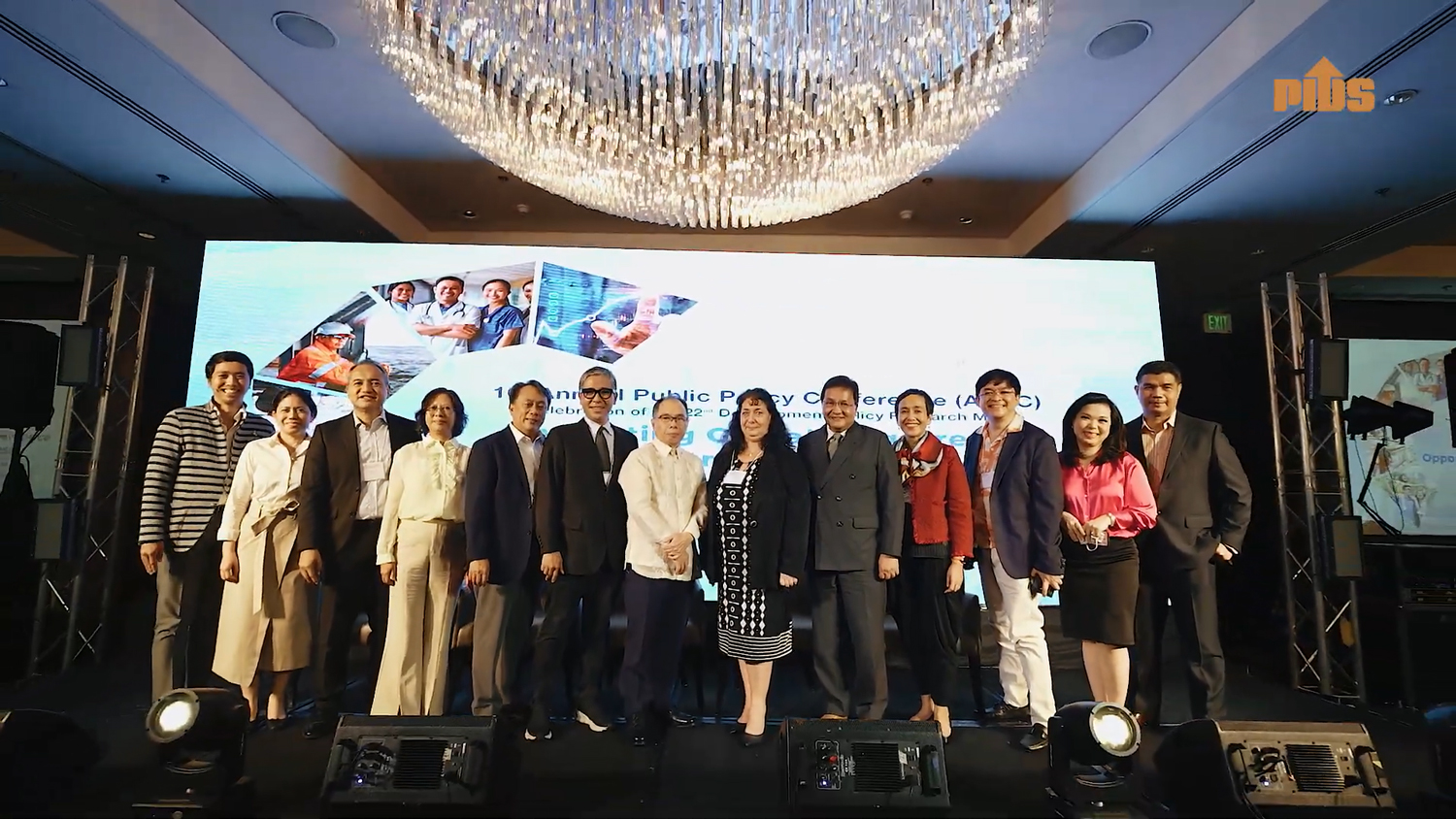THE INTERNATIONAL Labour Organization (ILO) has underscored the role of teachers in the development of effective education systems. According to ILO, among the strategies for action that will contribute directly to an improvement of the quality of education is a sustained investment in the professional development of teachers and the improvement of their working and employment conditions by increasing their salaries and providing incentives such as health insurance, retirement and pension plans, and housing or suitable accommodation and transportation allowances for those who work in remote rural communities, among others.
Prior to the COVID-19 pandemic, majority of Filipino learners have struggled to have access to quality education due to a long list of issues and concerns such as lack of school buildings and classrooms, under supported, overworked and underpaid teachers, large class sizes, and inadequate budget for the national education system. Thus, resulted in declining learning outcomes. While the Department of Education (DepEd) has exerted numerous efforts and programs to address the challenges of the learners, the agency has failed to exert the same amount of attention in solving the plight of our teachers. In February 2019, the Philippine Institute for Development Studies reported the chronically overworked state of public school teachers in the country as they are not only teaching the students but they are also given multitude of non teaching tasks. The worsening traffic congestion also contributes to the burden of the teachers as the majority of them rely on public transportation to get to school.
The ThoughtCo, a premier reference site on education content based in New York, said a teacher who loses as little as five minutes of instructional minutes per day due to inefficiencies wastes fifteen (15) hours of opportunity over the course of a 180-day school year. It is the declared policy of the State to promote and improve the social and economic status of public school teachers to enable them to carry out their mandate in providing quality education to all Filipino learners. The State shall also recognize and address the pressing challenges of our public school teachers who are teaching away from their families and homes. Ultimately, the State shall develop strategies that will improve the working and living conditions of all public school teachers.
To address these perennial problems, Senator Sonny Angara filed Senate Bill No. 2317, “An Act Establishing Living Facilities For Public School Teachers” or otherwise known “The Teachers’ Home in School Act” in order to provide all the learning opportunities to all Filipino learners and provide remedial interventions to students who are lagging behind while ensuring the safety and promoting the rights of our public school teachers, this bill mandates the DepEd and the Department of Public and Works Highways (DPHW) to construct living facilities for public school teachers who spend long hours of commuting every day just to report to work or who are deployed in the last mile schools away from their families.
The DepEd and the DPWH shall construct and provide livable and humane living facilities within the public schools or at the nearest possible location to the public schools for public school teachers. It shall apply to the public school teachers who are experiencing difficulty in commuting to the place of work or deployed in public schools which are located in remote and isolated areas. The funding necessary for the successful implementation of this proposed bill once enacted into law shall be sourced from the existing funds of the DepEd and shall later on be specifically allocated in the annual budget of the DepEd. In addition, reasonable and sufficient additional funding shall be sourced from the Special Education Fund (SEF) arising from the real property tax collected by concerned Local Government Units (LGUS) where the living facilities shall be constructed and/or located.












